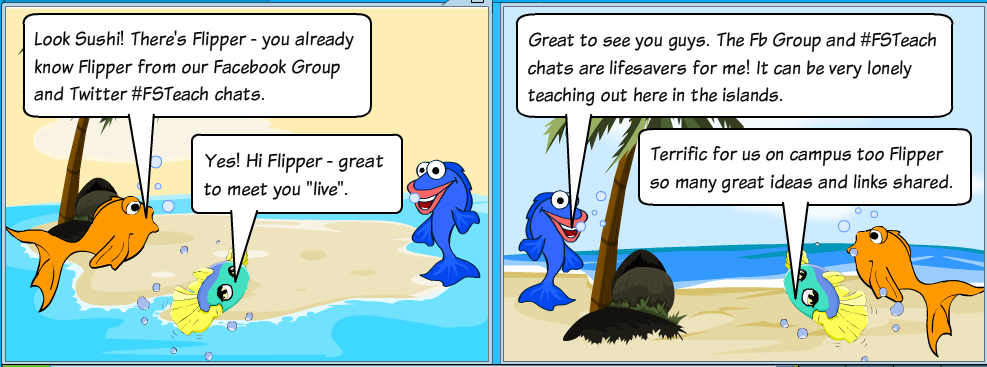Welcome to edition 17 of the Adult Literacy and Numeracy Network of Western Australia Newsletter!
Views expressed by contributors to the newsletter are their own and, unless expressly stated, do not reflect the opinions of their employers/organisations.
This contents page links individually to each article enabling you to go immediately to those of your choice. Alternatively, if you go to the main blog link, you can access the articles by scrolling down the page.
We welcome your comments and contributions to our newsletter. If you are an Adult Literacy/Numeracy practitioner in Western Australia or indeed, anywhere in the world, we invite you to subscribe and comment. If you are interested in joining the GoogleGroup for our network, please visit our “How to join” page and complete the online form.
Contents
1. A look at the updated CGEA Implementation Guide
2. This year’s WA Adult Literacy Council (WAALC) Conference
3. A new social media Community of Practice for LLN (Foundation Skills) Practitioners



